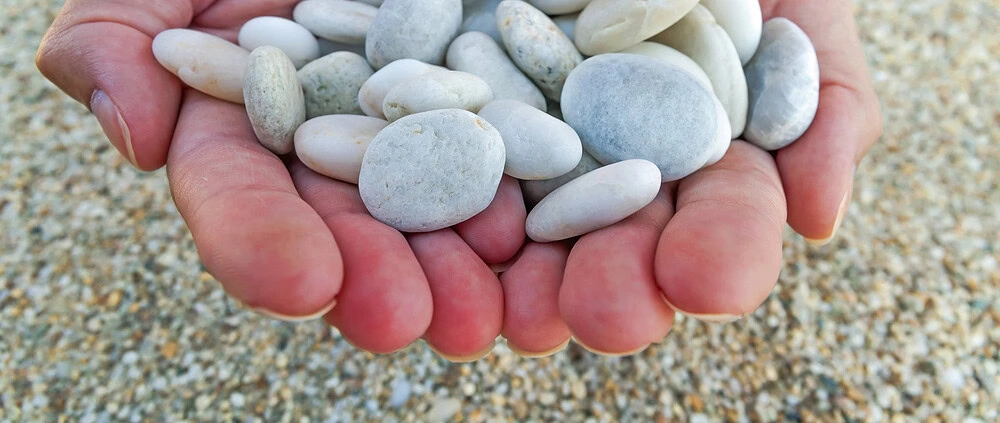What Should I Do When Wudu Causes Eczema?
Hanafi Fiqh
Answered by Ustadh Sufyan Qufi
Question
I have developed eczema, likely due to my obsession with wudu and cleanliness. My condition is not severe, but I worry it will worsen with continued wudu. Should I consider doing tayammum instead?
Answer
I can only sympathize with you for your current condition and ask Allah, Most High, to grant you a quick recovery.
The dispensations you will be allowed to take regarding your purification will depend on the intensity of your illness.
Allah (Most High) says: “Allah does not require of any soul more than what it can afford.”[2:286]
If you can wash the part of your limb affected by eczema with water without harm, you must perform a regular wudu.
If using cold water is harmful but hot water is possible, you have to use hot water for your wudu.
If even hot water is harmful, you must wipe the part affected by eczema instead.
If even wiping the affected part is harmful, you can leave it untouched.
[Ibn ‘Abidin, Radd al-Muhtar]
Tayamum
You can perform Tayamum instead of Wudu only if the majority of the limbs that have to be washed during wudu are affected by a type of eczema that would prevent you from washing those limbs. [Ibn ‘Abidin, Radd al-Muhtar]
If not, then you will have to stick to the sequence described at the beginning of this answer.
Assessing Harm
Not every type of “harm” is excusable. Every act of worship entails some kind of hardship. [Ibn ‘Abidin, Radd al-Muhtar]
Harm can be assessed through:
(1) Clear signs, such that any normal individual on seeing a person with such a condition would tell you to refrain from wudu,
(2) Past experience, whether one’s own or someone else who had a similar sickness,
(3) The opinion of an expert doctor regarding your condition. You will have to exercise your own judgment regarding the doctor’s opinion unless the doctor is an upright Muslim who understands the limits of the sacred law.
[Shurunbulali, Nur al-Idah; Tahtawi, Hashiya Maraqi al-Falah; Ibn `Abidin, Radd al-Muhtar]
Allah (Most High) says: “Allah intends (to provide) ease for you and does not intend (to create) hardship for you.” [2:185]
And Allah knows best.
[Ustadh] Sufyan Qufi
Ustadh Sufyan Qufi is an advanced seeker of knowledge, originally from Algeria, who grew up in France. He began searching for ways to learn Islam reliably and was disappointed at the answers he found locally.
Then he connected with various traditional teachers and gradually connected with SeekersGuidance. He embarked on his journey of learning through the various teachers at SeekersGuidance, including his mentor Shaykh Faraz Rabbani.
He studied numerous texts in Islamic Law, Theology, Hadith, and other areas with Shaykh Faraz Rabbani and other teachers, including Shaykh Abdurrahman al-Sha‘ar, Shaykh Ali Hani, and others.
He is an active instructor at SeekersGuidance and answers questions through the SeekersGuidance Answers Service.
